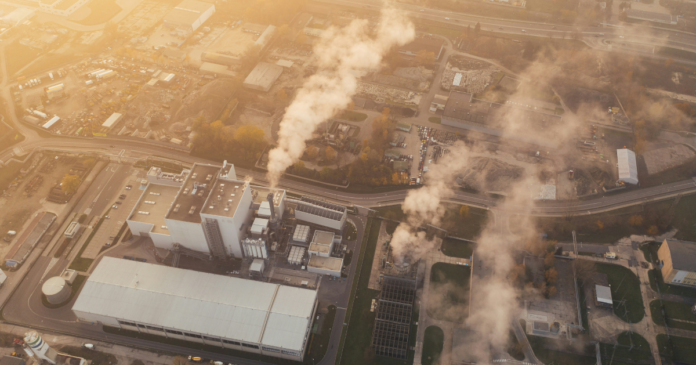“Is the ambitious target of achieving net zero carbon emissions by 2050 just a pipe dream? A recent study by the Fraser Institute seems to suggest so.
**The Uphill Battle**
Despite international agreements like the Kyoto Protocol, the consumption of fossil fuels has only increased over the years, raising doubts about the feasibility of reaching net zero emissions. The report highlights that the cost of achieving this goal would be exorbitant, far surpassing any previous long-term commitments.
**The Challenge of Transitioning**
Transitioning to a carbon-neutral economy would require massive investments in alternative energy sources and infrastructure. From wind turbines to electric vehicles, the resources needed for such a transition are staggering. The report emphasizes the need for new industries and distribution networks to replace fossil fuel-dependent sectors like cement, plastics, and ammonia.
**A Global Effort**
Achieving net zero carbon emissions is not just a task for individual nations; it requires cooperation on a global scale. However, with major carbon-emitting countries like Russia, China, and the U.S. having conflicting interests and varying levels of commitment to climate goals, this cooperation may prove to be a significant challenge.
In conclusion, while the idea of achieving net zero by 2050 is noble, the reality of the situation presents significant hurdles. It’s clear that the road to carbon neutrality is a long and arduous one, requiring not only substantial financial investments but also unprecedented levels of coordination and cooperation among nations. As we strive towards a sustainable future, it’s essential to acknowledge the complexities and obstacles that lie ahead.”
Reference















